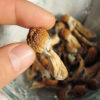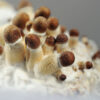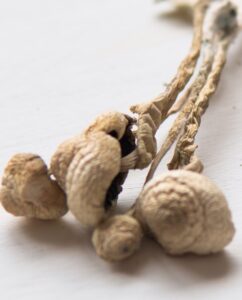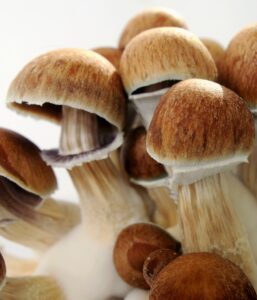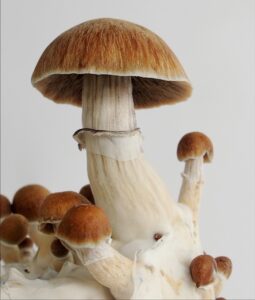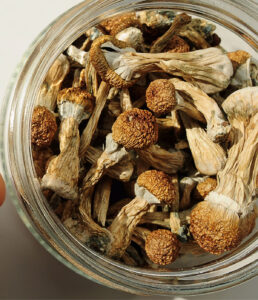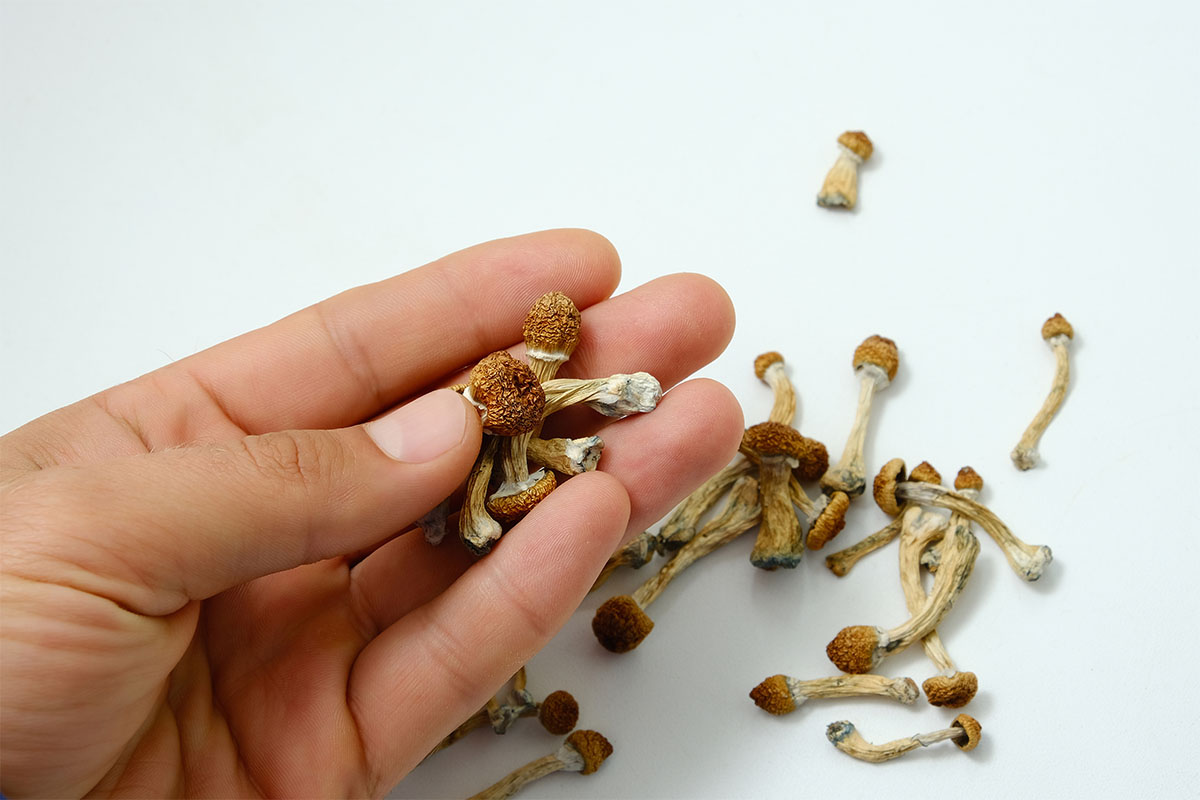
Summary of research article by Morton et al., published in the Journal of Psychopharmacology, on December 14, 2022.
A recent international web-based survey aimed to analyze the risks and benefits of psilocybin consumption among individuals with bipolar disorder. Results from the survey suggest that psilocybin may have potential therapeutic effects for some people with the disorder, but it also comes with several risks. Participants reported an array of positive and negative experiences, with some indicating improved mood, enhanced cognitive functioning, and spiritual growth, while others experienced acute anxiety, psychosis, and manic symptoms. The findings highlight the need for further research into the potential use of psilocybin for bipolar disorder treatment, as well as the importance of considering individual factors when assessing the risks and benefits.
The survey was conducted among 1,200 individuals with bipolar disorder who had previously consumed psilocybin-containing ‘magic mushrooms.’ Participants provided information about their experiences, including any positive or negative effects, the context of use, and how they perceived the impact on their disorder. The study aimed to gain insights into the potential therapeutic benefits and risks of psilocybin use for this population, given the limited research available on the subject.
Participants reported various positive effects, including improved mood (58%), increased introspection (54%), enhanced cognitive functioning (51%), and spiritual growth (47%). These findings suggest that psilocybin may have potential therapeutic benefits for some individuals with bipolar disorder. However, it is important to note that the study did not control for other factors that could influence these outcomes, such as the participants’ mental state at the time of use or their expectations of the substance’s effects.
On the other hand, the survey also revealed several risks associated with psilocybin use among individuals with bipolar disorder. A significant number of participants reported negative experiences, such as acute anxiety (37%), paranoia (32%), hallucinations (30%), and manic symptoms (25%). Additionally, some respondents indicated that their psilocybin use had triggered a manic or depressive episode, further emphasizing the potential risks for this population.
The study also highlighted the importance of considering individual factors when assessing the risks and benefits of psilocybin use for people with bipolar disorder. Factors such as the dose, the individual’s mental state at the time of consumption, and the context in which the substance is used can all play a role in determining the outcome of the experience. It is essential for further research to explore these factors in order to better understand the potential therapeutic benefits and risks of psilocybin for individuals with bipolar disorder.
In conclusion, the survey results suggest that psilocybin may have potential therapeutic effects for some people with bipolar disorder, but it also comes with significant risks. The findings underscore the need for further research to better understand the potential use of psilocybin for the treatment of bipolar disorder, as well as the importance of taking individual factors into account when evaluating the risks and benefits. Future studies should investigate the safety and efficacy of psilocybin in a controlled clinical setting, taking into account factors such as dose, mental state, and context of use.

